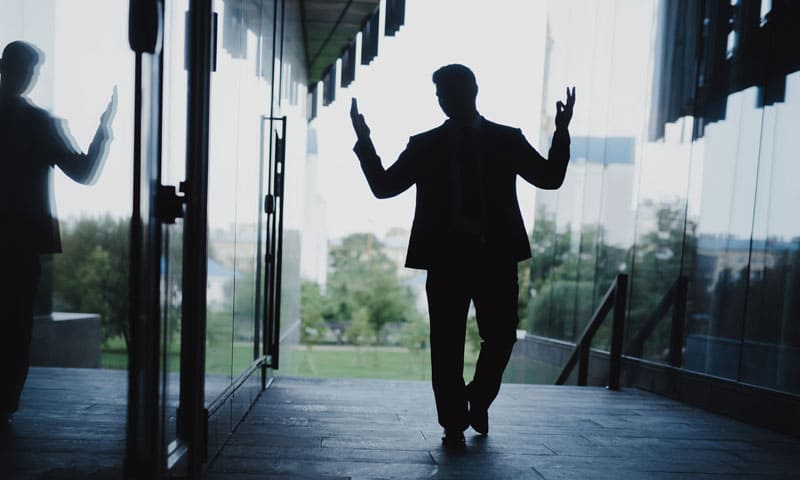The U.S. Supreme Court’s conservative majority has delivered a decision that could have far-reaching consequences beyond the LGBTQ+ community. The ruling grants businesses the right to decline providing services for same-sex marriages, raising concerns among the court’s liberal justices. The debate revolves around the clash between religious freedom and anti-discrimination laws, leaving experts divided on the extent of the potential ripple effects.
At the heart of the case is Lorie Smith, a web designer from the Denver area, who opposed creating websites for same-sex marriages due to her Christian faith. Despite Colorado’s anti-discrimination law, which aims to ensure equal treatment of all customers, the court’s 6-3 ruling, written by Justice Neil Gorsuch, concluded that forcing businesses to express messages that contradict their beliefs violates the First Amendment’s protection of freedom of speech.
Justice Gorsuch stated that Colorado’s attempt to compel individuals to speak in ways that contradict their conscience on a matter of significant importance is unconstitutional. While Colorado’s Anti-Discrimination Act prohibits businesses open to the public from refusing goods or services based on various characteristics, including sexual orientation, critics argue that the line between targeting messages and targeting people is not as clear-cut as Smith’s lawyers suggest.
See also: US Supreme Court’s Ruling in Web Designer Case Sparks Concerns for LGBT Rights
The dissenting opinion, authored by Justice Sonia Sotomayor and joined by Justices Elena Kagan and Ketanji Brown Jackson, presented a blistering 38-page argument against the ruling. Justice Sotomayor warned that the decision grants a “license to discriminate” and represents a setback for LGBT rights. She highlighted the “stigmatic harm” caused by the ruling, creating an environment where LGBT individuals are reminded that certain public places do not accept them for who they are.
Make a move towards advancing your legal career – submit your resume to LawCrossing now!
Moreover, Justice Sotomayor emphasized that the ruling’s rationale could extend beyond sexual orientation and gender identity discrimination, potentially excluding other marginalized groups from essential services. Examples cited included interracial couples, disabled individuals, and non-traditional families. Colorado Attorney General Phil Weiser echoed these concerns, providing additional examples such as a payroll company refusing service to women-owned businesses based on gender stereotypes or a bookseller refusing to sell books to members of certain religious groups.
The far-reaching implications of this ruling have ignited a heated debate about the balance between religious freedom, freedom of speech, and the protection of marginalized communities. Some argue that it creates a dangerous precedent, allowing businesses to discriminate against customers based on their characteristics. Others contend that it upholds individuals’ right to express their beliefs freely through their work, even if it means denying certain services.
As legal experts analyze the potential effects, there remains a division of opinions on how extensively this ruling could impact various groups and the services they receive. The case has sparked discussions about the importance of anti-discrimination laws and the ongoing struggle to find a balance between competing rights in a diverse and evolving society.
The Supreme Court’s ruling on same-sex marriage services has raised concerns among liberal justices and experts regarding its potential ripple effects beyond the LGBTQ+ community. The clash between religious freedom and anti-discrimination laws is at the center of this debate, with differing opinions on the extent to which this ruling could impact other marginalized groups. The decision has far-reaching implications and prompts a broader conversation about the delicate balance between protecting individual freedoms and ensuring equal treatment for all.
Don’t be a silent ninja! Let us know your thoughts in the comment section below.
















































